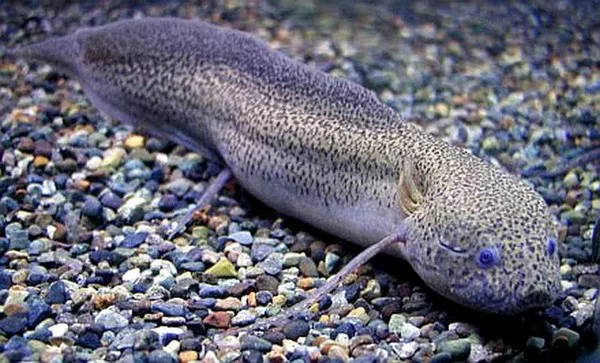Lungfish are a prehistoric species of fish that have been around for over 100 million years. They are known for their unique ability to breathe air using their lungs in addition to their gills, allowing them to survive in low-oxygen environments. One question that often arises is whether lungfish can walk on land.
The short answer is that while lungfish are not true “land-walkers,” they do have the ability to move on land for short distances. Lungfish are primarily aquatic animals and spend most of their time in the water, where they move using their powerful tail fin. However, in some cases, lungfish have been observed moving overland, using their muscular fins to “walk” along the ground.
When lungfish move on land, they use a type of locomotion called “punting.” Punting involves using the pectoral and pelvic fins to push the body forward in a series of jerky movements, similar to the way a person might use crutches to move. This method of movement is slow and inefficient, but it allows lungfish to move short distances on land in search of water or to escape predators.
The ability of lungfish to move on land is thought to have evolved as a way for them to survive in the harsh, dry environments of their native habitats. In the African lungfish, for example, the ability to move on land allows them to survive in temporary pools and waterholes that dry up during the dry season. By moving overland to find new water sources, lungfish can avoid becoming trapped in drying pools and dying.
While lungfish can move on land, they are not adapted for long-term survival outside of water. They are still dependent on water for reproduction and must return to the water to lay their eggs. Additionally, their skin dries out quickly when exposed to air, which can lead to dehydration and death.
In conclusion, lungfish are not true land-walkers, but they do have the ability to move on land for short distances using a type of locomotion called punting. This adaptation allows them to survive in harsh, dry environments and escape predators. However, lungfish are still primarily aquatic animals and are not adapted for long-term survival outside of water.

























